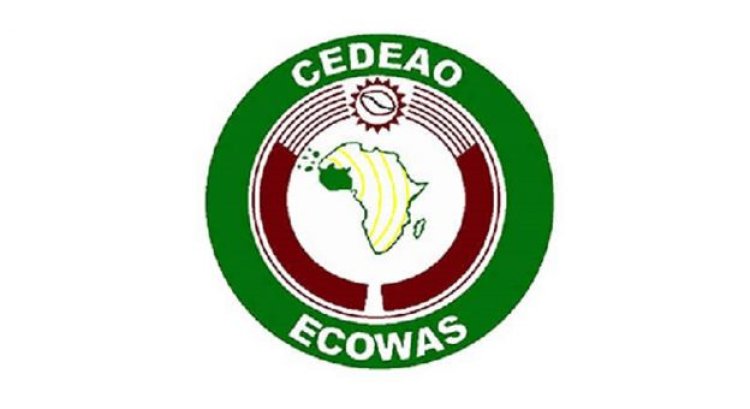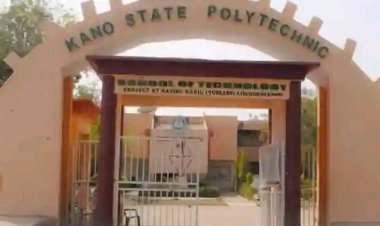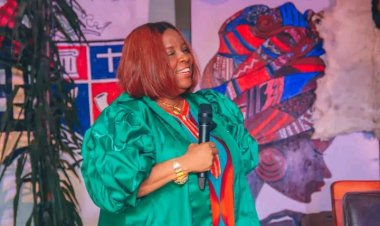ECOWAS Commission Allocates $380 Million for Electrification of Schools and Health Centres in Nigeria and Beyond
The Economic Community of West African States (ECOWAS) Commission has announced a $380 million investment to electrify public schools and health centres in Nigeria, Benin, Chad, and 16 other countries.

The Economic Community of West African States (ECOWAS) Commission has announced a significant investment of $380 million aimed at electrifying public schools and health centres across Nigeria, Benin, Chad, and 16 other countries. This initiative addresses the urgent need for electricity access in a region where over 406 million people reside, with approximately 208 million lacking reliable electricity supply.
According to ECOWAS, around 70 percent of those with inadequate access to electricity live in rural areas. To combat this energy deficit, the Commission will implement the electrification project through its Regional Off-Grid Electricity Access Project (ROGEAP). This project is supported by funding from the World Bank, the Clean Technology Fund (CTF), and the Directorate General of International Cooperation (DGIS) of the Netherlands.
During a stakeholder engagement forum held in Abuja on September 26, El Hadji Sylla, Senior Adviser at the Commission on ROGEAP, emphasized the project's goal of enhancing electricity access for rural communities in the ECOWAS region. "We aim to electrify schools and health centres to improve service delivery," he stated. The pilot phase of the project will begin in Nigeria and Benin, targeting selected public institutions in the Federal Capital Territory (FCT), Niger, and Nasarawa states, with a projected completion timeline of 18 months.
Sylla added that the broader project across the ECOWAS region will take five years to implement fully. The Nigerian Minister of Power, Adebayo Adelabu, highlighted the advancements in the rural electrification sector, attributing growth to grants and subsidies. "Public support will soon leverage private sector financing more efficiently," he noted, expressing optimism about increased private investment in electrification.
Dr. Muyibat Olodo, Director of Technology and Science Education at the Federal Ministry of Education, stressed that electricity is crucial for modern education. She pointed out the severe challenges posed by frequent power outages and the lack of connections to the national grid, which hinder academic performance and research productivity. "Access to power is not a luxury in Nigeria; it is essential, especially for public institutions," she asserted.
The impact of this electrification initiative extends to the health sector as well. Dr. Nwokwu Emmanuel, a consultant at the Federal Ministry of Health and Social Welfare, highlighted the critical importance of electricity in health facilities. "We have instances where medical personnel rely on torchlight for emergency cases. This project will greatly benefit rural areas and improve healthcare delivery," he stated.
The project also aims to build a regional market for off-grid solar products, supporting the federal government in meeting the immediate electrification infrastructure needs of public institutions. With proper implementation, the project is expected to make significant strides toward energy resilience and sustainability in Nigeria and the broader ECOWAS region.
By addressing the energy needs of schools and health centres, the ECOWAS Commission's initiative represents a crucial step toward improving living conditions and service delivery across West Africa.

 Chris Oyeoku Okafor
Chris Oyeoku Okafor 



